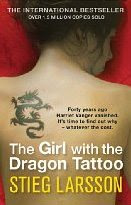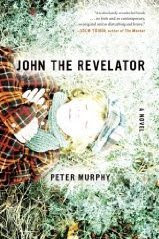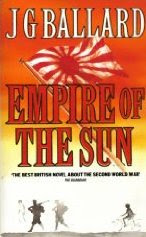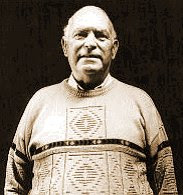
Barack Obama’s memoir of his early life,
Dreams from my Father, has been selected as the 2009 Tesco Biography of the Year award in the 2009 Galaxy British Book Awards. Obama beat off competition such as Paul O’Grady, Julie Walters and Dawn French to claim the award. Obama had also been shortlisted for the Borders Author of the Year award which was won by Aravind Adiga, author of the Man Booker winner
The White Tiger. Four of the 2009 Galaxy awards went to crime books. Books Direct Crime Thriller of the Year was won by the late Stieg Larsson for
The Girl with the Dragon Tattoo, the first in a trilogy the Swedish author and journalist left unpublished when he died in 2004.
Waterstone’s New Writer of the Year Award was Tom Rob Smith for
Child 44, a murder mystery set in Soviet Russia. Another haunting tale of murder and suspense,
The Suspicions of Mr Whicher, won Kate Summerscale the Play.com Popular Non-Fiction Award, beating such luminaries as Stephen Fry and Andrew Marr and giving her another trophy to put next to the BBC Samuel Johnson award. Summerscale’s book also won the ultimate accolade, The Galaxy Book of the Year.
Meanwhile, there was also good news for Kate Atkinson, whose number one bestselling paperback
When Will There Be Good News? was named Richard & Judy’s Best Read of the Year. Second place in the Richard & Judy Best Read of the Year went to
The Gargoyle by Andrew Davidson, while the third slot was reserved for Elizabeth H Winthrop’s study of adolescence,
December.
Sebastian Faulks, writing as Ian Fleming, went on to pick up the Sainsbury’s Popular Fiction Award for the James Bond novel
Devil May Care.
Michael Palin was this year’s winner of the Outstanding Achievement award.
International best-selling author Stephenie Meyer, who has been hailed as the successor to J K Rowling for her popular Twilight series of vampire stories, beat the mega successful Harry Potter creator to the W.H. Smith Children’s Book of the Year for
Breaking Dawn.
Twilight, the first book in the cult series, about a teenage girl who falls for a vampire was recently released as a blockbusting film.
The Galaxy British Book Awards (also known as The Nibbies, because of the distinctive pen-nib trophies) are described as the Oscars of the book trade, where the glitterati and the literati mix. The Galaxy British Book Awards, started in 1990, are the only awards which take votes from both the book-buying public and the Academy of the British book industry, made up of publishers, booksellers, past winners and other representatives of the British book industry.
 The shortlist for the Kerry Group Fiction Award 2009, worth €15,000 to the winner, has been announced. The shortlisted titles are:
The shortlist for the Kerry Group Fiction Award 2009, worth €15,000 to the winner, has been announced. The shortlisted titles are: 








